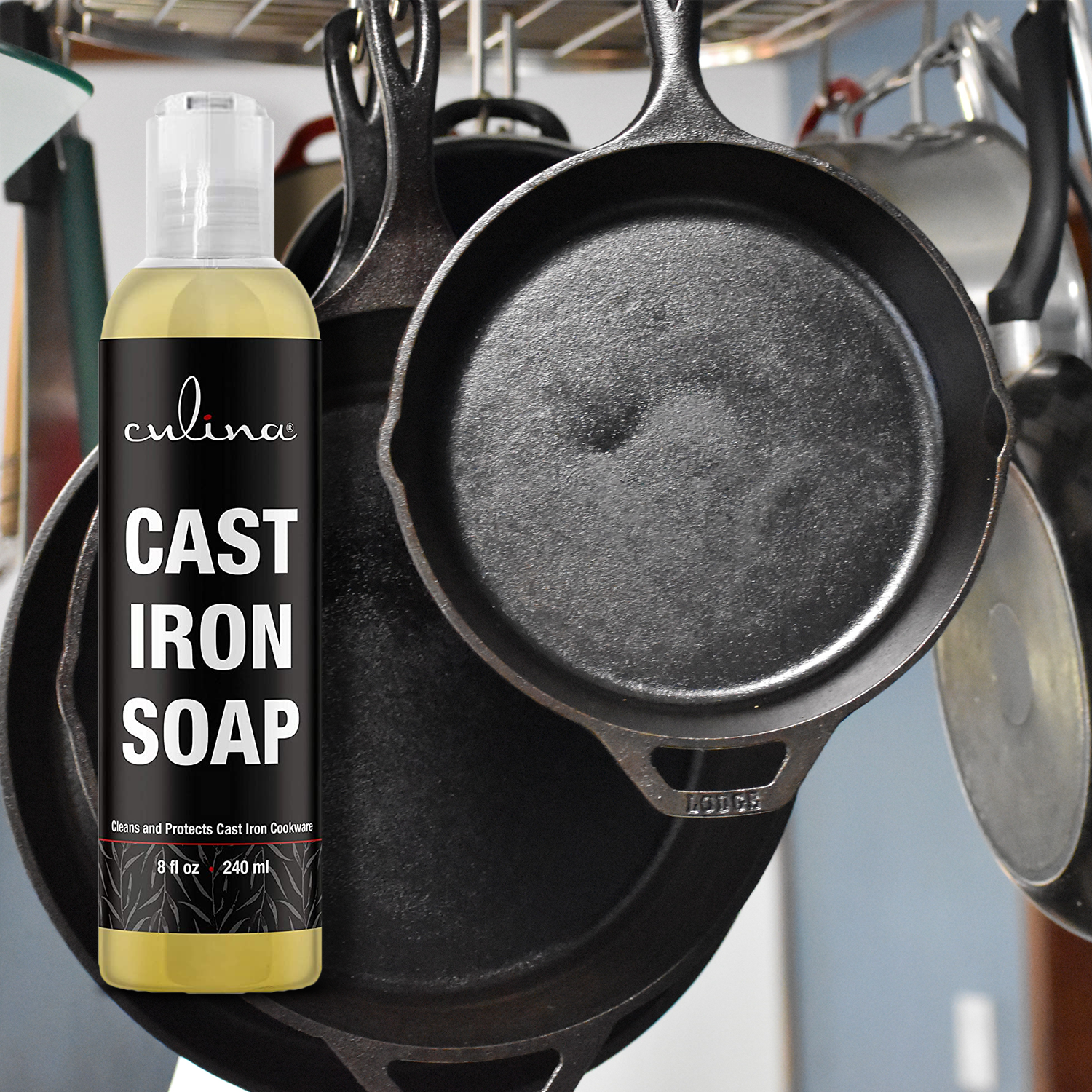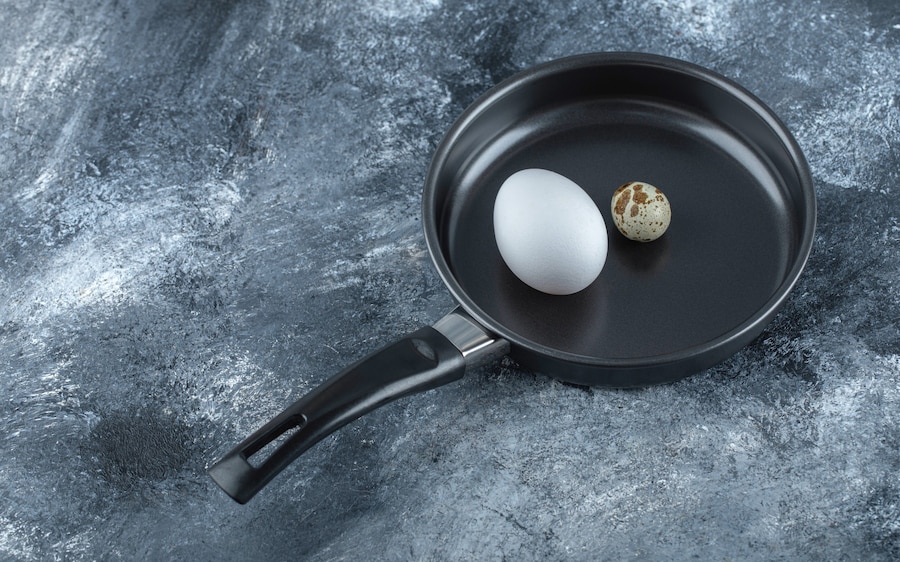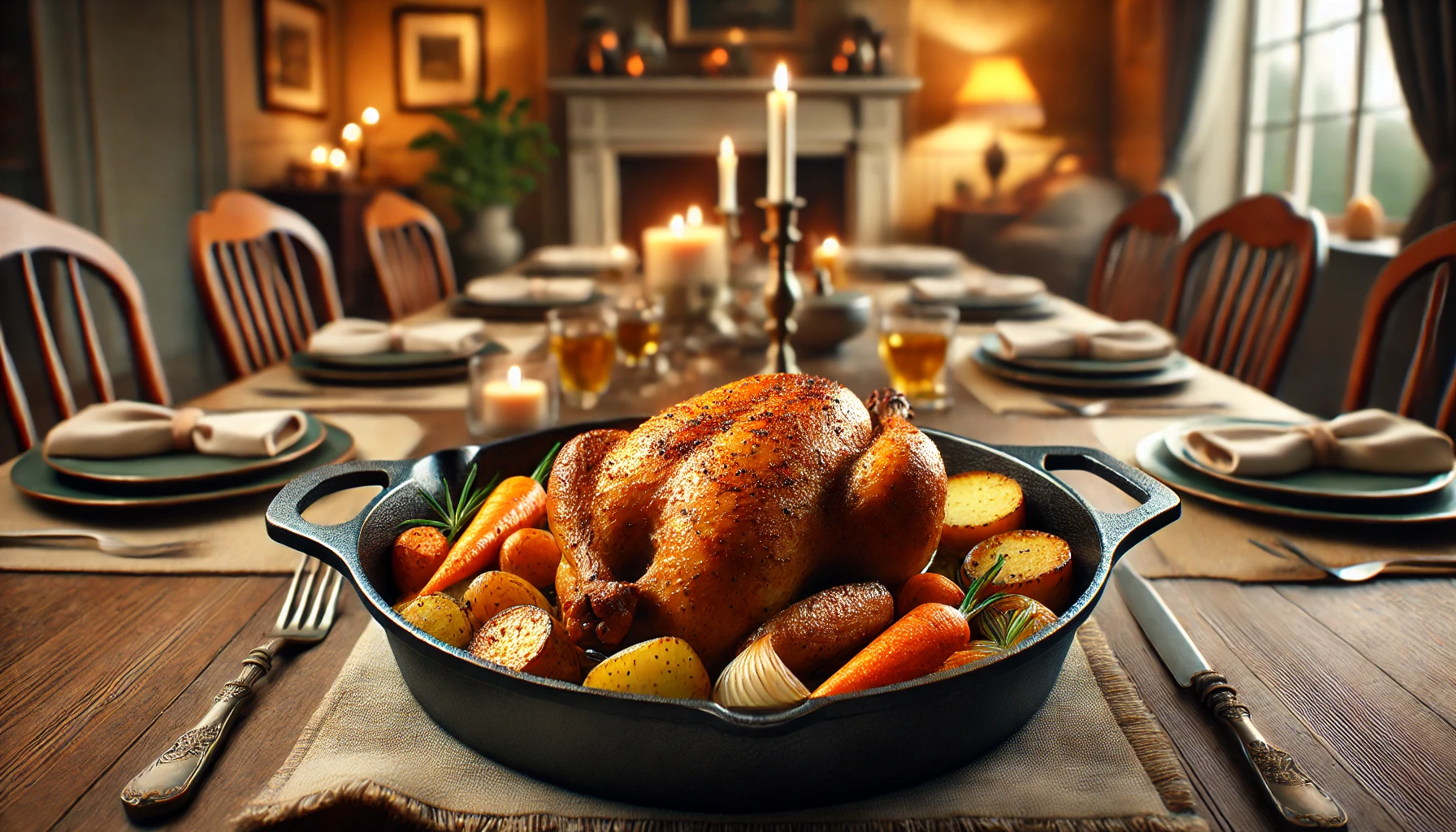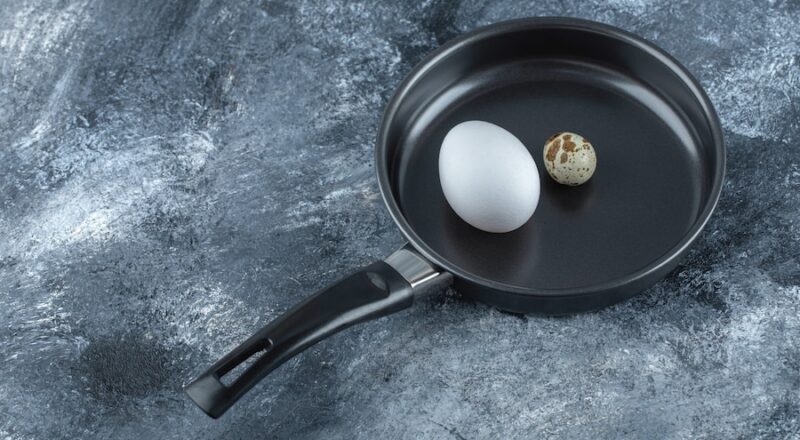Caring for an enameled cast iron skillet ensures its longevity and performance, turning it into a timeless kitchen hero. From homeowners to renters, having this cookware in top shape will help you cook delightful meals and add style to your kitchen.

1. Introduction: Understanding Enameled Cast Iron Skillets
An enameled cast iron skillet combines the heat retention benefits of cast iron with a sleek, non-reactive enamel coating. This cookware excels in even heat distribution, making it ideal for various cooking techniques.

2. Why Proper Care is Essential
Proper care prolongs the life of your skillet, ensuring it remains a reliable tool in your kitchen. It prevents chipping, rusting, and maintains the skillet’s aesthetic appeal. This guide provides expert tips for maintaining your enameled cast iron skillet.

3. First-Time Use: Seasoning Your Skillet
Although enameled cast iron skillets typically don’t need seasoning, some manufacturers recommend it for enhancing the non-stick properties. Refer to your skillet’s manual for specific instructions.
4. Cleaning Your Enameled Cast Iron Skillet
A. Immediate Cleaning
After cooking, allow the skillet to cool down before washing. Use warm soapy water and a soft sponge to clean the surface. Avoid harsh abrasives, as they can damage the enamel coating.
B. Deep Cleaning
For stubborn stains, soak the skillet in warm soapy water. You can also use baking soda and water to create a paste for scrubbing tough spots gently.
5. Storing Your Skillet
Store your skillet in a dry place to prevent moisture buildup, which can lead to rust. If stacking with other cookware, place a protective layer, such as a kitchen towel, between pieces to avoid scratches.

6. Cooking Tips: Maximizing Your Skillet’s Potential
Preheat your enameled cast iron skillet before cooking to ensure even heat distribution. Use medium to low heat to preserve the enamel and avoid sudden temperature changes that could cause cracking.
7. Avoiding Common Mistakes
Don’t use metal utensils, as they may scratch the enamel. Avoid cooking highly acidic foods for prolonged periods, which can erode the enamel. Never submerge a hot skillet in cold water, as this can cause thermal shock and cracking.
8. Restoring a Chipped or Cracked Skillet
If your skillet’s enamel becomes chipped or cracked, it’s best to consult the manufacturer for repair options. Using damaged cookware can be hazardous and affect your food’s taste and safety.
9. FAQs
Can I use soap to clean my enameled cast iron skillet?
Yes, using soap and warm water is safe and recommended for cleaning enameled cast iron skillets. Soap helps remove food residue without damaging the enamel coating.
Is it necessary to season enameled cast iron skillets?
Generally, enameled cast iron skillets don’t need seasoning. However, check the manufacturer’s instructions, as some may recommend it for enhancing non-stick properties.
How do I remove tough stains from my skillet?
For tough stains, you can soak the skillet in warm soapy water or use a baking soda paste for gentle scrubbing. Avoid using harsh abrasives that can damage the enamel surface.
10. Conclusion: Enjoying the Benefits of Enameled Cast Iron
By following these care tips, your enameled cast iron skillet will remain a invaluable asset in your kitchen for years to come. Enjoy the endless possibilities and delicious meals you can create! For more tips, check out our guides on best cookware and skillet accessories.
For more culinary inspiration, visit Gear Patrol.
As an Amazon Associate, I earn from qualifying purchases.

